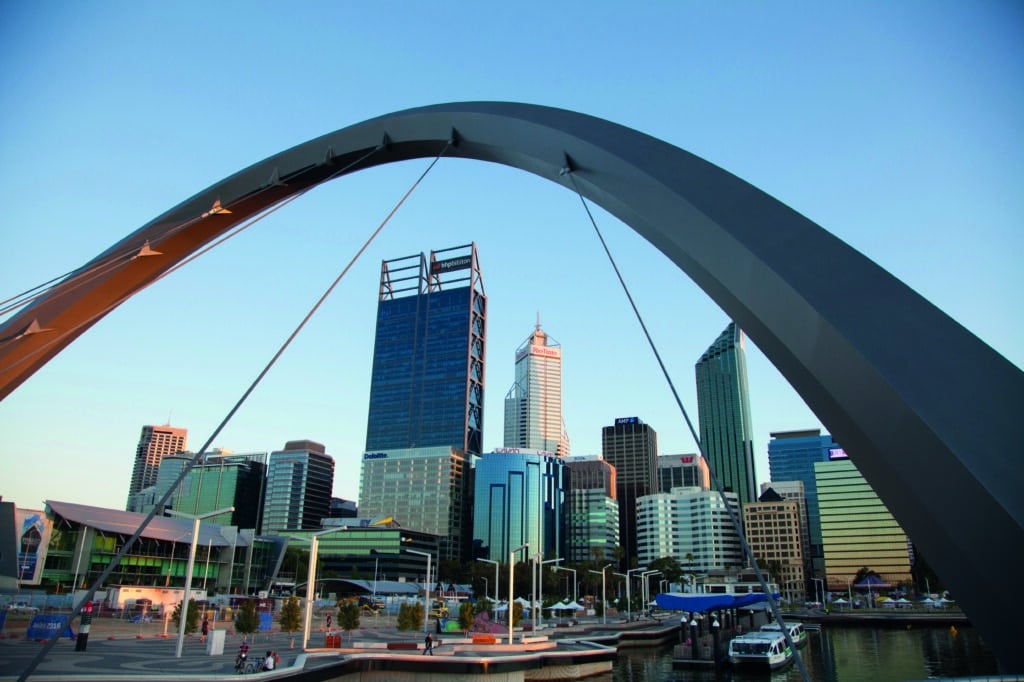
L-R: CCIWA’s Workplace Relations Director Ryan Martin, Chief Economist Aaron Morey and CEO Chris Rodwell address the Senate committee hearing in Perth
CCIWA outlined the fears of WA businesses at a recent Senate committee hearing on industrial relations (IR) reforms in Perth. The committee heard the Federal Government’s proposed reforms could cost jobs, drive down productivity and damage Australia’s global reputation.
“This legislation goes way further than fixing a supposed loophole,” CCIWA CEO Chris Rodwell told the committee.
“Its coverage will be broad and in seeking to fix a loophole, it will create a hole in our economy and thwart our ambitions to play an oversized role in the energy transition.”
Rodwell said it was important the committee came to Perth to hear from WA businesses after strong lobbying from CCIWA.
“It acknowledges something every West Australian knows in their bones. This State is different,” he said.
Survey results
CCIWA’s recent survey of more than 600 businesses across all sectors of the economy, found the most concerning elements of the Closing Loopholes Bill were the changes to casual employment and the use of labour hire:
| Casual employment | |
| 73% said changes to casual employment would be damaging. | 56% said they would stop hiring casuals altogether.
|
| 17,900 WA businesses at risk of reducing staff numbers. | 64,800 jobs at risk |
| Agriculture, hospitality and retail sectors are the most concerned. | |
| Labour hire | |
| 60% said changes to labour hire would be damaging.
|
49% said they would reduce staff levels. |
| 27% said it would reduce ability to tender. | 23% would have to scale-down their business. |
Speaking to the press outside the hearing, Aaron Morey, CCIWA Chief Economist, said he welcomed the “robust discussion”.
“The provisions in this Bill will damage the Western Australian economy. It will damage those small and family businesses,” he said.
Morey, who addressed the committee alongside Rodwell and CCIWA’s Ryan Martin, Workplace Relations Associate Director, says it is important the committee hears from WA businesses and the impact the proposed laws will have on their operations.
“It’s important to recognise that the business community understands the impact that these sorts of industrial relations provisions can have,” he says.
“We have a very sophisticated business community over here who understands how the WA economy works. A large part of that is obviously relying on the critical role of mining. And it’s mining, in particular, that does get impacted by a number of provisions in this Bill.”
CCIWA has called for the Federal Government to revise parts of the Bill. The submission can be read here.
Are you concerned about the Federal Government’s IR reforms? Click here for more information or get in touch with our workplace experts today by calling our Employee Relations Advice Centre on 9365 7660 or CCIWA Members can book a free consultation with one of our employment lawyers by emailing [email protected].












